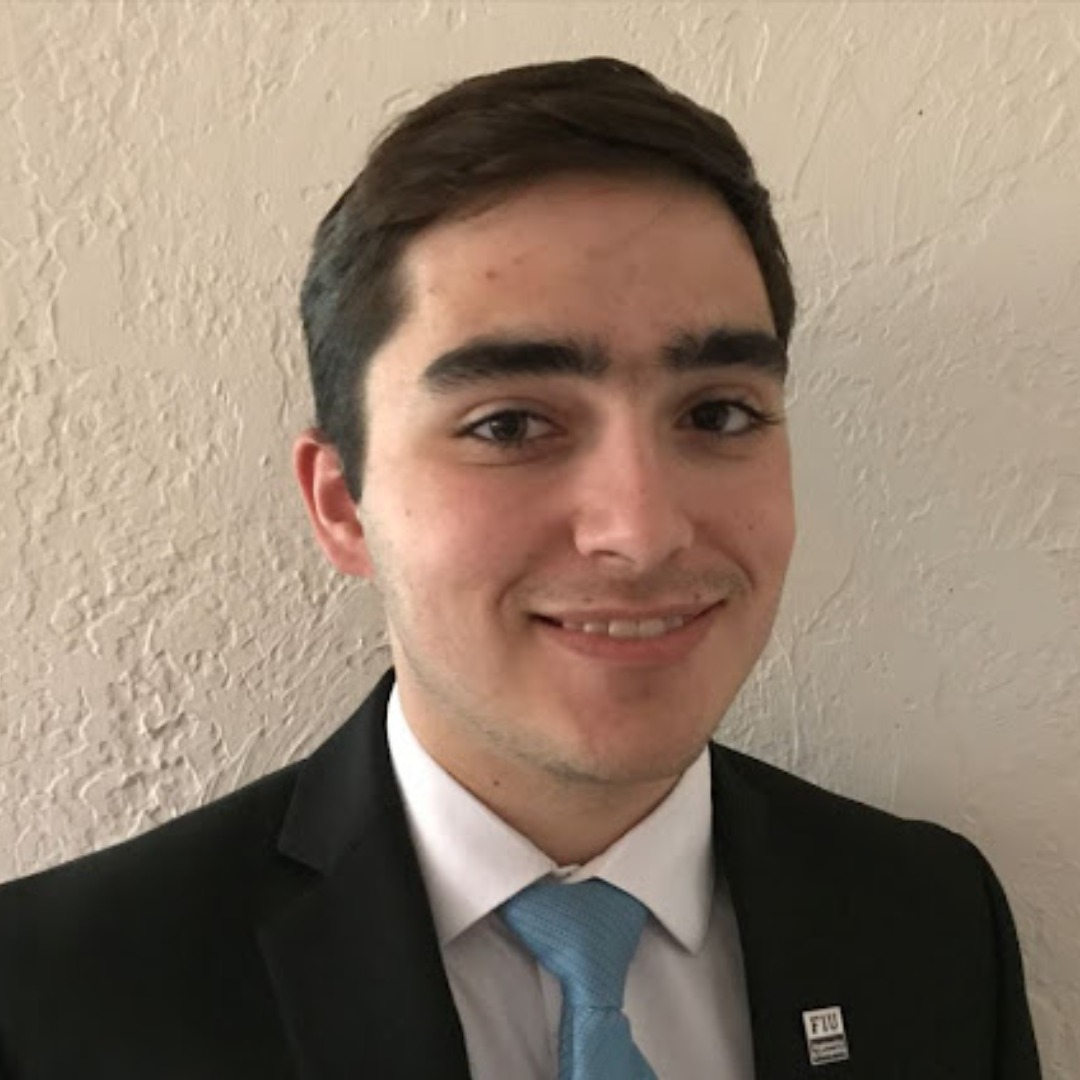How Exploring My Korean American Identity Helped Me Find Myself
What does it mean to be Korean? It is a question I have long grappled with, and coming to college did not provide me with an answer. Yes, I am now blessed with a great group of friends who share my heritage. Yes, I love my culture clubs and events that have helped me spark a deeper connection with the home of my parents. Yes, I even got the amazing opportunity to spend a summer in Seoul, immersed in Korean food, family, and culture that I could only catch glimpses of as a child.
However, this is not going to be a neat and simple essay about “finding my identity” in college because, like many things in life, it’s much more complicated than cliches and pop culture make you believe. My home is still Tallahassee, no matter how much I love Seoul or Philadelphia, where I am spending most of my college years. I wonder if a growing connection to Korean culture is pushing the rest of the world out.
I worry that I will be caught in the middle, unable to fully fit into the Korean community but increasingly alienated from whatever I was before.
Growing Up and Growing Out
Tallahassee is an odd place to live in general but much more so as a second-generation Asian. However, contrary to popular expectations and beliefs, I had a wonderful time there, blissfully tucked away in a forgotten stretch of the Florida panhandle. There wasn’t much to do, nor were there many people who looked like me, but I didn’t know any better. I spent most of my time outdoors, running or biking through our many trails and parks. I rarely felt alienated from my friends and classmates.
I wasn’t ashamed to be Korean, and my friends weren’t ashamed I was, either. But make no mistake, I still was “different:” my family, culture, dreams, and beliefs stood out, and looking back, it was clear I subconsciously worked to minimize those differences during everyday life to “fit in.”
Choosing where to attend college after 12 sleepy years in decent (but not great) public schools was a confusing and haphazard process. I had a vague idea to leave the state but assumed that I’d attend a school close by, such as the University of Florida (UF). Through this process, I was fortunate to have older, more knowledgeable friends who encouraged me to dream bigger. They helped me through the application process, forcing me to distill who I was and who I wanted to be into essays that I still go back to today.
I applied to a handful of colleges, mostly in the Southeast, with a few reaches across the country. When the dust settled, I had my first looming life choice: going to Penn or UF. Unable to even visit campus because of COVID, I still made the difficult decision to leave my friends and everything I knew to go North into uncharted waters. At this point, Penn was not a place but an idea: promise, diversity, big city, prestige. I was ready to make the leap.
COVID and College: The Lost Year
I was ready, but my time had not come yet. I spent the fall of my first year at home, taking classes and desperately trying to make friends through a laptop screen. Culture groups became a safe space but also served me a harsh introduction to Penn culture. An Asian peer mentor program became my first rejection. Instead of joining a “close-knit and cross-cultural group” that would help me navigate the “intimidating” social scene at Penn, I was left worse off than I started! That was followed by a string of rejections from the more professional clubs on campus.
Discouraged but not hopeless, I sent in one last application to the Korean Student Association and finally, fortunately, got in.
Friends I made in that club served as a bulwark against the stress from coursework and acclimating to a COVID-influenced new normal. We hosted countless zoom get-togethers and special events online, and I finally felt a sense of belonging after months of isolation. Combined with my Korean language class, I was building my first college community and a deeper connection with my parent’s culture. At this rate, I thought, it could soon be my culture, too.
Comfortable In My Skin
After two years on campus, the story has not changed much. Many of my friendships today have roots in club events, parties, and connections. As a result, in a complete reversal of my high school experience, I mostly operate within Korean and Asian circles on campus. Fortunately and unfortunately, this has been both a blessing and a curse.
Somewhat unexpectedly, I’ve found that I feel more disconnected from Koreans than from friends who grew up in America, especially in the South. The life I lived is as foreign to them as theirs is to me. On the other hand, the influence of friend groups tied together by a shared culture can cause self-selection and isolation at the university level. Demographic diversity, therefore, does not necessarily mean people will be exposed to a wider group of people. Paradoxically, it could cause the opposite.
In this environment, I’ve found it difficult to balance an exploration of my heritage while maintaining curiosity for others. It’s difficult to know I don’t fit neatly into Penn’s mosaic of Asian archetypes: not international, not from the Bay, not pre-med or CS, and firmly Asian American but friendly with all. But even with all these forces pulling me up and down, I know that I’m trending in the right direction.
I always knew that opening up my world would be deeply uncomfortable and disorienting. But I’ve made the conscious choice to embrace that discomfort and fight the urge to settle.
Outside of the Korean Student Association, I do a variety of activities where I brush shoulders with people from all across the university (and the world): Sports teams, academic clubs, and dorm groups have been fun and enriching experiences. I stay on the periphery of Penn’s notoriously cutthroat culture. Most importantly, I have great, caring, high-achieving, funny, and relatable friends. With them, I do not stress about who I am or what I need to be. I am myself, and that is enough.
With all the ups and downs, attending the University of Pennsylvania has been the adventure of a lifetime. The pressure is high yet exhilarating. The nights are long yet alive. The people are insufferable yet brilliant and interesting and fun. I do not regret taking a leap of faith out of my little bubble. If I hadn’t left then, I’m not sure if I would’ve ever done it. As I look forward to finishing college and starting my life, I am thankful for all the experiences—good and bad—I’ve had in school and know I’ll be ready to face whatever comes next.
Written by:

Joey Jung is a junior at the University of Pennsylvania majoring in urban studies and political science. He grew up in Tallahassee, Florida and is chiefly interested in urban development, public policy, history, and data science. He loves to read, play spikeball, and learn odd skills, among other things.
Explore More College Resources

How My University Supported Me as a Student With a Disability
College programs and leaders play a vital role in aiding students with disabilities. Read one student’s story about navigating college with a disability.

by Evan Cruz
Updated May 19, 2023

